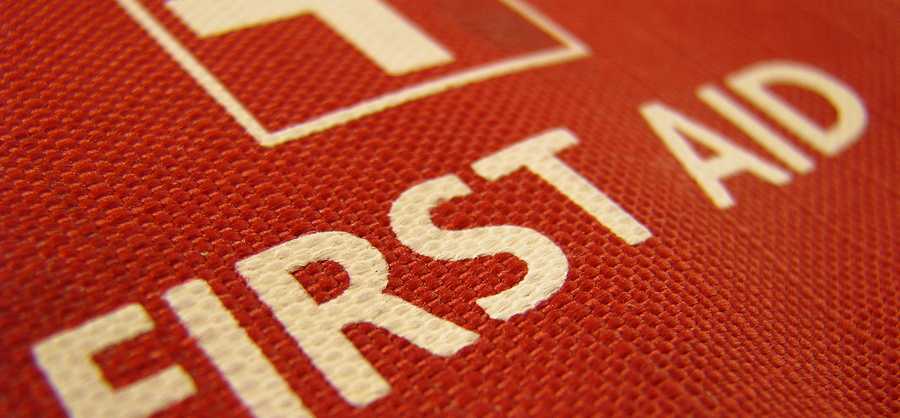Mishaps can happen anywhere and at any time and are the most unpleasant experiences especially when they occur at odd hours. The hardest part is to search for the first-aid box at home at such trying times. It is essential to have a home first-aid kit within your reach. It should be well-stocked with medicines for bruises, scrapes, headaches, etc.
First aid kit is something that we all should always carry while we are traveling, driving, attending work, or any other activities. We can not predict what will happen next. Therefore, to be always on a safer side it’s important to carry a medical with you.
A home medical kit helps in providing the first-aid for overcoming emergency situations and common injuries and illnesses. It is always advised to call the ambulance for an emergency but a first aid kit at home can definitely help in buying time till you reach the hospital. The whole family must know where the kit is lying and should be easy to carry in case of an emergency.
You should keep the medical supplies in a waterproof container or a plastic bag so that it’s sturdy. Always replace the contents of your home medical kit after every six months because some medicines reach their expiration date by that time. Other things like gloves, dressings, bandages, barrier devices for CPR do not expire, but keep a check if their packages are not ripped open. Ensure all the products inside the kit are sterilized.
You can buy these home medical supplies online as well.
Things a First-aid Kit Must Contain
The first-aid kit should cater to specific medical needs of your household and must also contain some common items like a thermometer, a BP machine, paracetamol tablets, etc. You can buy a pre-assembled medical kit from the store but it may not contain everything that you require
The contents of your home medical kit will depend on your needs, but must have the following supplies:
- The first-aid Manual is the first and foremost thing to have in your kit so that you know how to use the contents of the kit.
- A thermometer is essential to measure the temperature if you or someone feels ill.
- Aspirin is another important medicine for chest pain.
- For minor scrapes and cuts, keep adhesive bandages of all sizes.
- To make an arm sling or wrap injuries, keep triangular bandages.
- For dressing of scrapes and cuts, keep rolls of gauze and 2-inch and 4-inch pads.
- Keep sterile scissors to cut gauze, tape, clothes, etc.
- Keep adhesive tape to hold the gauze while dressing large wounds.
- To avoid infection while treating the wounds, always keep latex-free gloves.
- In the case of sprains, sore joints, aches, etc. keep instant cold compress as well.
- Cream or spray for stings and insect bites
- Painkillers like paracetamol, ibuprofen
- Medicine for cough
- Antihistamine tablets or cream
- Distilled water to clean the wounds
You can either buy all the above essentials from a medical store or order home medical supplies online to keep in your first aid box.
However, there are several emergencies that require immediate medical attention like heart attack, fracture, swallowing a poisonous substance, etc. In such cases call the ambulance right away and do not delay.
Prevention is Better Than Cure
If you keep a handy and updated first-aid kit at home, then you can avoid many unpleasant experiences of medical emergencies. These kits keep you prepared for such situations and help you avoid a mishappening. Sometimes an effective first-aid given at home can save a life by buying time to reach the hospital.
You must also prepare your children for such emergencies in age-appropriate ways so that they can be of help if something happens to you or to someone in the family in your absence. Always guide your children and family for every mishappening that can happen.





